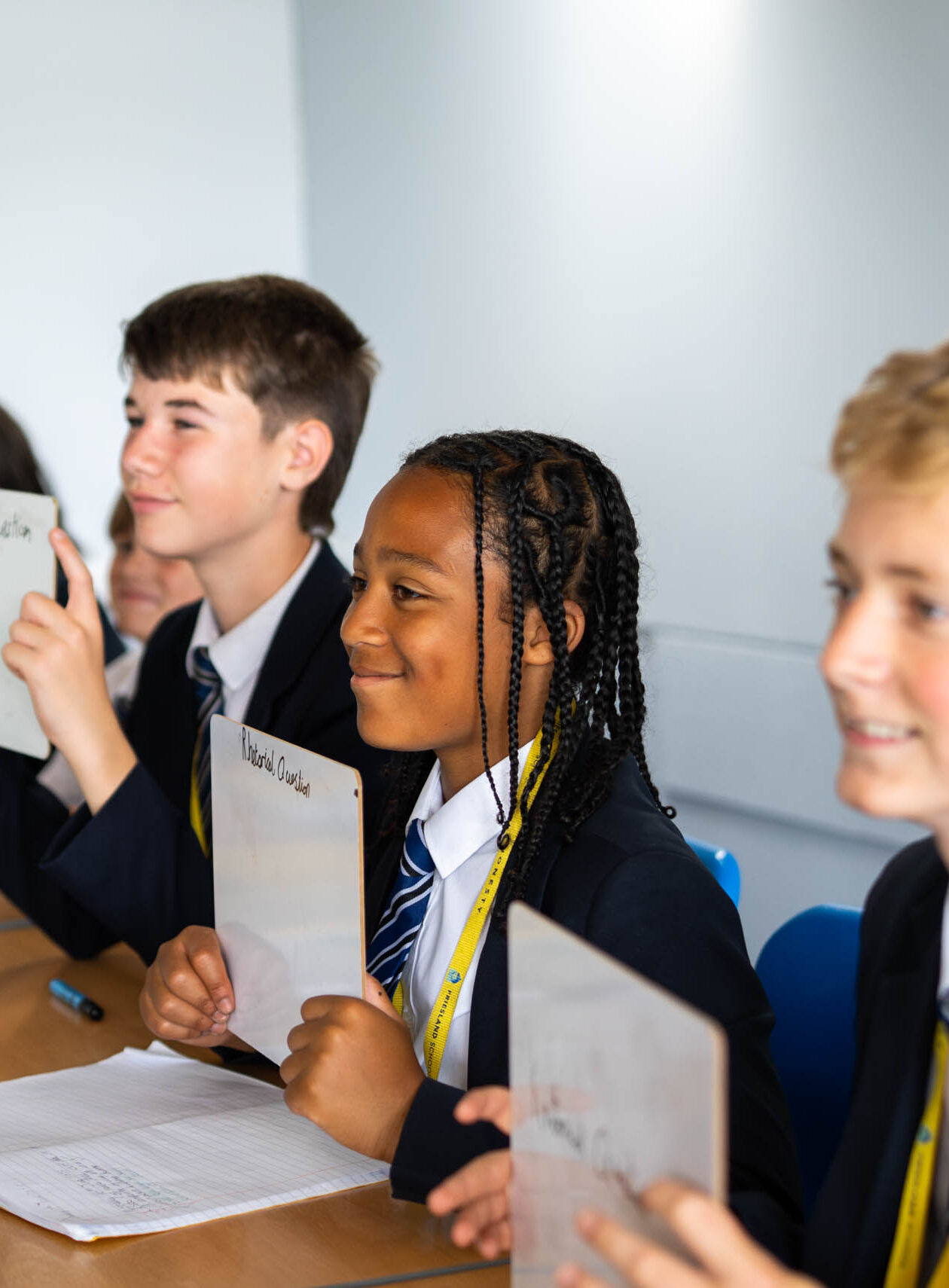“If you talk to a man in a language he understands, that goes to his head. Speak to him in his own language: that goes to his heart.” Nelson Mandela
Mission
To provide our student with opportunities and experiences to enhance their life choices, making a positive contribution to the world we share.
Curriculum Intent
To implement a rich curriculum that will inspire students to strive to communicate in a language other than their own, to raise awareness of, and interest in, other cultures and to highlight the need for language skills in the modern world.
We will continue to deliver a broad curriculum in three languages at KS 3, 4 and 5 which will not only facilitate the learning of language concepts but also instil a deep appreciation and knowledge of important cultural characteristics and differences. Through our curriculum, we seek to empower our learners through the acquisition of language, enabling them to develop transferable language skills to engage in problem solving and higher order thinking, in the classroom and beyond.
By the end of their education, a student of MFL at Friesland School will:
- Acquire an awareness of grammar and how to construct a text both in the written and the verbal form to communicate meaning.
- Acquire an awareness of the importance of listening in terms of in lessons and to people who live outside of their social/familial circle.
- Have an understanding of the world around them and how they are connected to it.
Curriculum
Lessons in MFL follow a standard format of:
Do Now (and if required, Do Next) Knowledge is retrieved and revisited, whether that be from last lesson, last week, last month or last year. Students are challenged with cognitive input.
I do Information is introduced by the class teacher, be that a new grammar topic or topic-based vocabulary. Students’ attention is focused on the teacher as facilitator.
We do The teacher models what is required from the students in the You do task. This could be using a visualiser or modelling on the board and involves student participation. Cold calling and mini whiteboards could also be used here.
You do Students complete an independent silent learning (ISL) task which focuses the individuals on their work. In MFL, ISL can sometimes take the form of “Quiet Partners” or a listening task.
Focused Finish The lesson is consolidated by the teacher checking for understanding after the You do task. This could involve MWBs or be a written or spoken consolidatory task.
Key Stage 3
The structure of the curriculum allows students to progressively acquire, build on and embed language skills and vocabulary across an appropriate and relevant sequence of modules. The fundamental aim is to develop within students a clear understanding of language rules, composition and their application across topics. The primary goal in knowledge and language acquisition necessary at KS4 includes the mastery of 3 main tenses and a comprehensive knowledge of how to express and justify opinions. We begin building towards this in year 7 with an understanding of language basics and we further develop this throughout the year 8 LTP with the introduction of a range of different time frames, thus building a firm foundation for the beginning of KS4.
Particular attention is paid to the differing baselines of the new intake and the varied MFL provision at primary feeder schools. As a consequence, special focus is given to ensure that initial language learning is accessible and challenging for all.
As well as end of unit assessments covering at least one of the four language skills on a rotating basis, which will inform levels at data points, low stakes tests will be used in order to aid recall. Through this our students are able to revise language learnt on a continuous basis in order to promote constant consolidation and to avoid a rapid loss of knowledge gained. As described in the lesson model above, each lesson begins with a Do Now activity which involves retrieval practise and cognitive input from students. The Do Now activities revisit a range of previously acquired knowledge, which could be from the previous lesson, week, month, unit or year(s). The use of Companions to support classroom-based exercises and to perform Home Learning Tasks enable students to revisit key terminology which reinforces and supports their progress.
Key Stage 4
Students continue with the language studied at KS3 and starting in year 9, we ensure that students have a clear understanding of the requirements for GCSE. We work with a detailed LTP to ensure that students have the necessary skills and knowledge to succeed in the skills-based papers. We offer students a broad variety of subject material across the four language skills (listening, reading, speaking and writing). In year 10 and 11, students continue to build on their existing skills and more emphasis is placed on independent production of language. Throughout the GCSE course, we aim to improve students’ retention of skills and vocabulary as well as promoting enhanced confidence. All students have regular access to a variety of online resources to reinforce their learning outside the classroom.
Key Stage 5
At KS5, the depth of study increases and includes detailed analysis of both film and literature and in-depth investigation of cultural, political and economic themes. This provides opportunities to pursue students’ own areas of interest and develop personal and independent learning skills, which are essential for further study in higher education as well as fuelling content for the IRP (Independent Research Project).
The LTPs and curriculum have been put together in order to give a logical pattern to the acquisition of language skills and content knowledge.
The new 3-year KS4 means that extra time is available to cover course content and to hone vital skills, structure sample essays and prepare frameworks of speaking answers. The first term of year 9 is given over to skills-based work and development although the subject content used to inform skills enhancement is still relevant to the GCSE course. The GCSE course proper begins in January of year 9.
The aim of our curriculum is naturally to deliver content and develop skills in order to maximise students’ potential outcomes, but equally importantly, we aim to deepen students’ appreciation of the language and the culture of the Target Language country. This is done not only through the festivals theme (amongst others) at GCSE, and through the entire A level course, but in lessons when questions about culture arise, which our multifaceted team are more than happy to expand upon.


